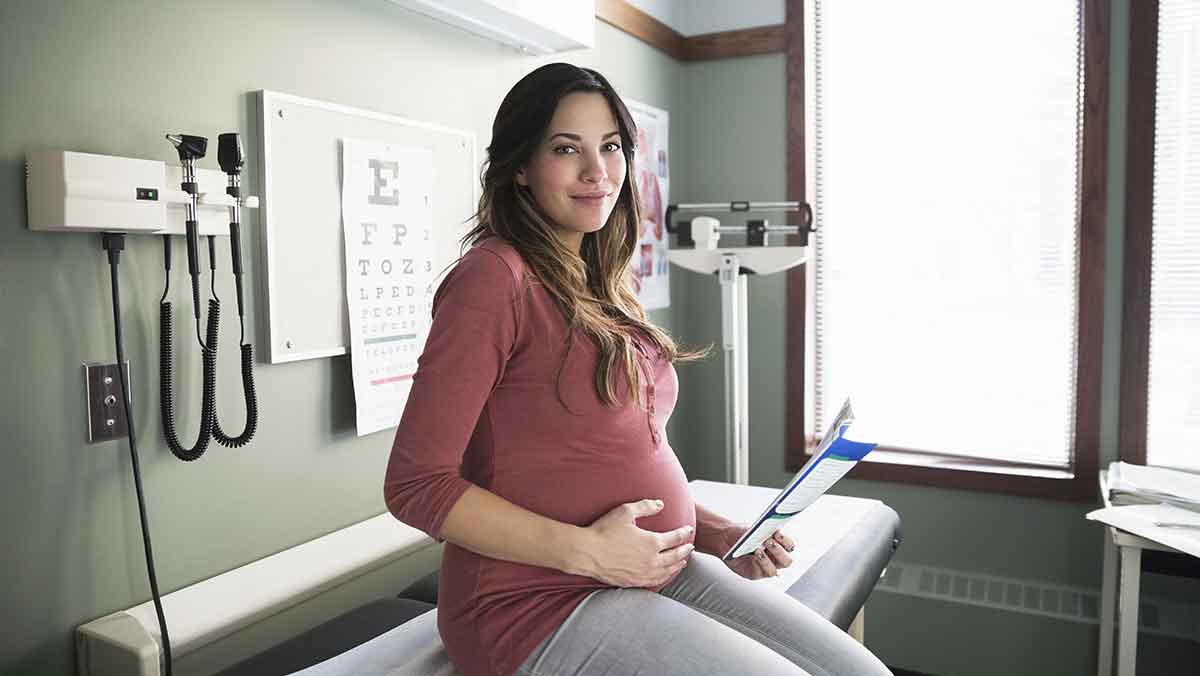What expectant mothers need to know about eye health

Expecting a new baby can be an exciting time in your life, but one thing you may not be expecting is just how much your body may change – and that includes your vision. In some cases, these changes may indicate underlying health issues or contribute to complications for both mother and baby.
“An estimated 1 in 6 women experience complications associated with their pregnancy, including vision-related ones ranging from mild discomfort to vision loss,” said Anne Docimo, M.D., chief medical officer, UnitedHealthcare.
3 things for expectant mothers to consider about their eye health
If you are expecting a child or plan to start a family in the near future, here are three things to consider about your eye health:
1. Don’t ignore changes
- Due to hormonal changes during pregnancy, you may experience dry eyes or puffy eyelids.
- Pregnancy may also make your eyes more sensitive to light, which may cause headaches.
- You may experience blurred vision or find that your contact lenses or glasses aren’t as effective as they used to be. Retaining water during pregnancy can cause fluid buildup behind the eyeball, which may be one of the common causes for these symptoms.
While many eye health changes during pregnancy or after delivery are temporary, some may become permanent, so it’s good to be aware.
2. Schedule an eye exam
If you’re experiencing any of these issues during pregnancy or after delivery while breastfeeding, add a comprehensive eye exam with a vision care provider to your prenatal (or postnatal) care routine. These exams may help detect potential eye health issues, some of which may indicate underlying disease or flag potential complications that require additional testing and care. Blurred vision may also be related to a change in your vision prescription, which would get detected by an eye exam and may require an update for your glasses or contact lenses.
3. Know what symptoms may be serious
If you have diabetes, high blood pressure or glaucoma, it is especially important talk to your doctor right away if you become pregnant. Blurred vision and light sensitivity during pregnancy may sometimes be caused by elevated blood sugar levels or high blood pressure, which may indicate the potential of preeclampsia or gestational diabetes. If you are being treated for glaucoma, certain medications may also be harmful to the baby.
If you are expecting a child, check with your vision plan to determine what resources might be available to you. For instance, UnitedHealthcare vision plans offer a new benefit program that provides additional coverage for mothers during pregnancy, postpartum and while breastfeeding and includes a change in lenses if needed.